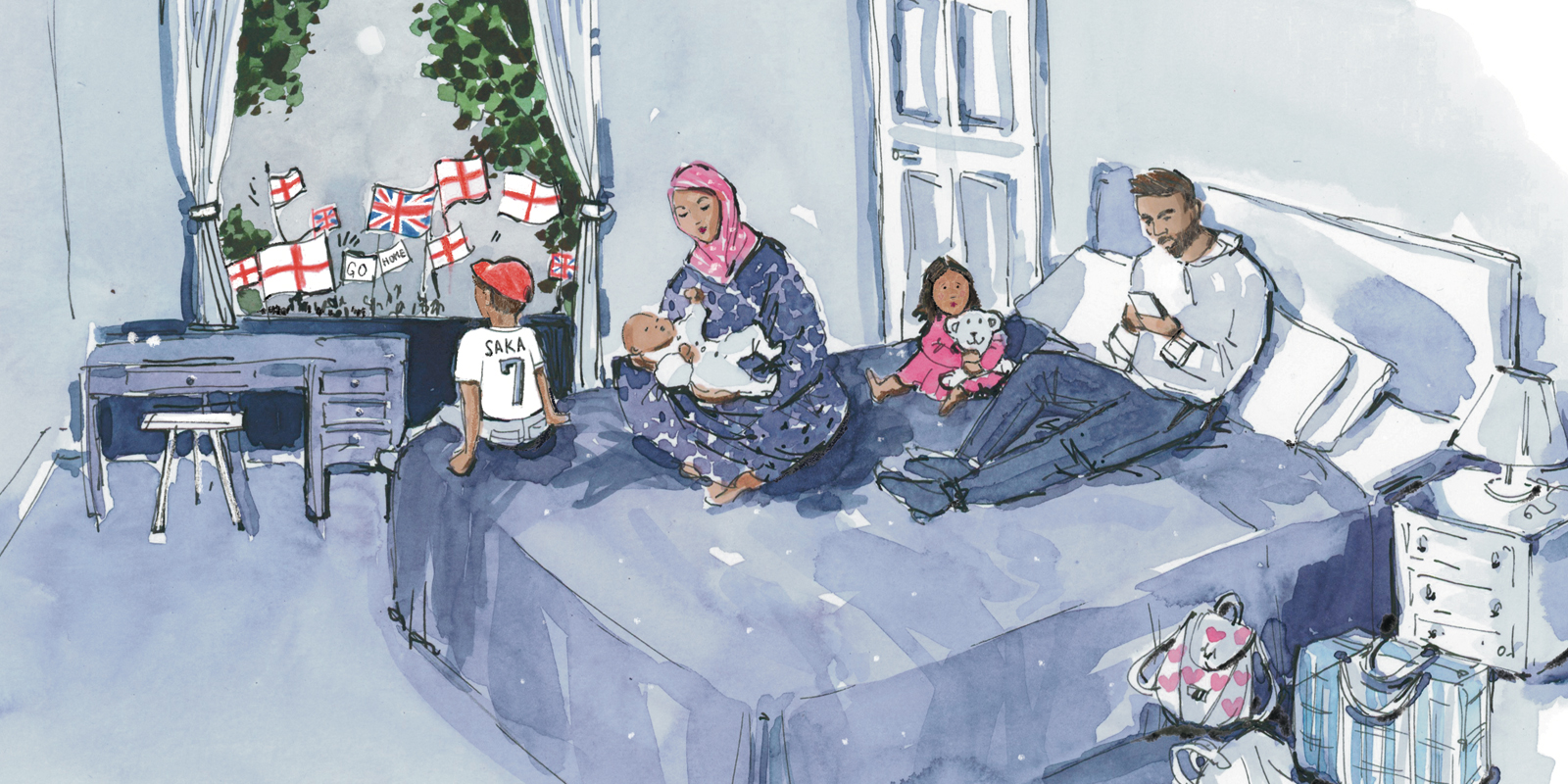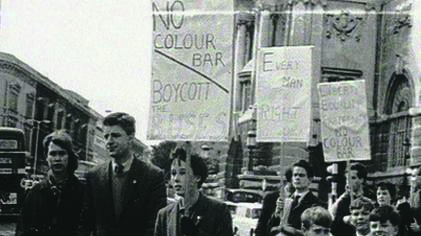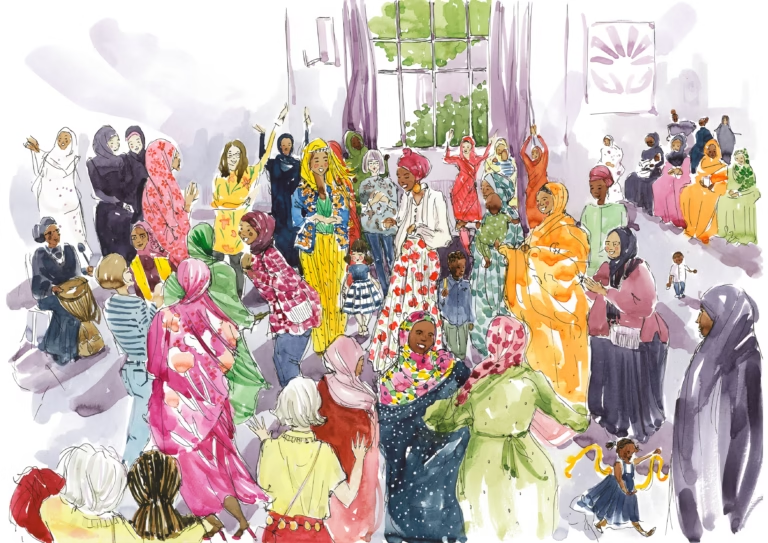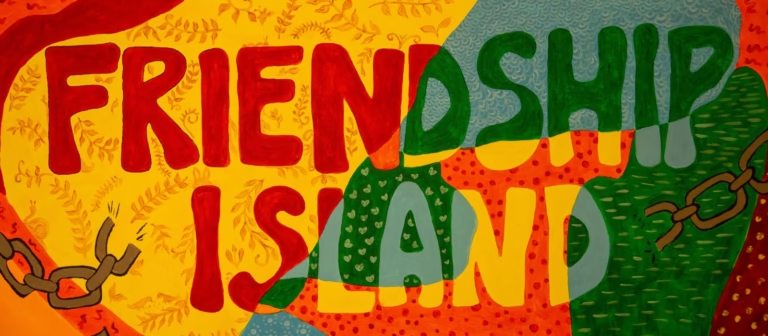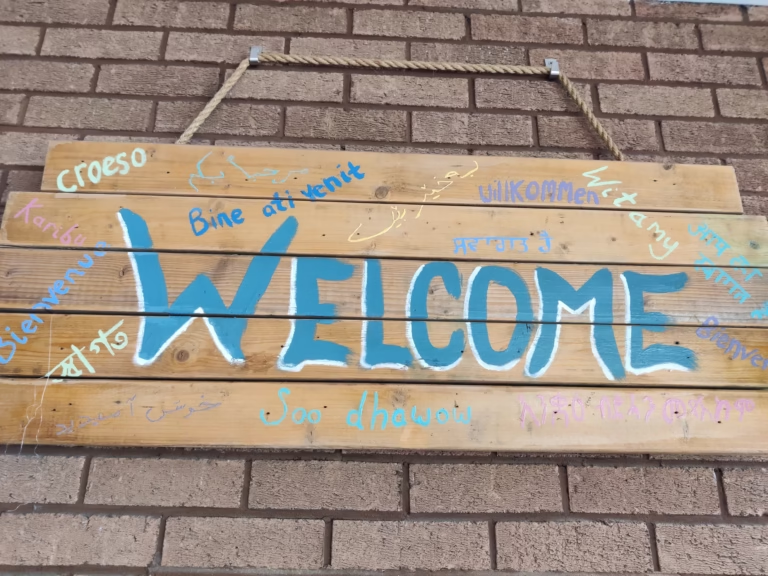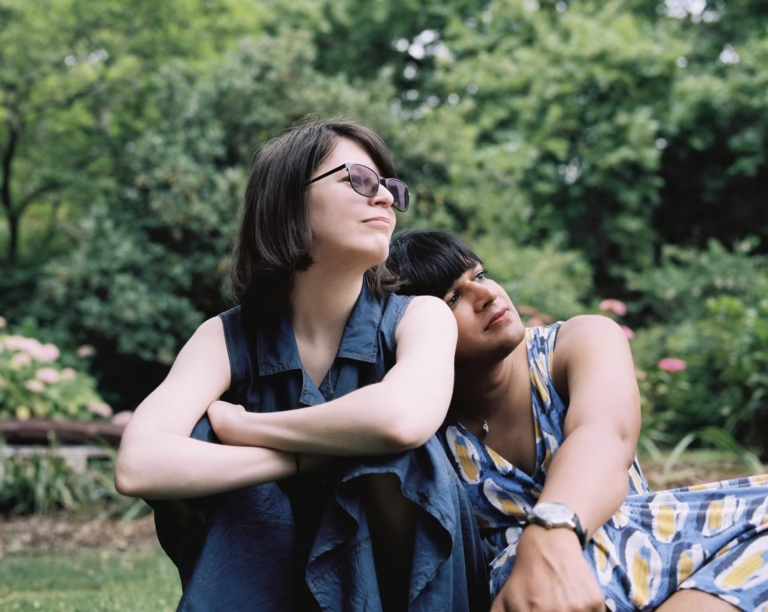For the last 25 years, I have been sharing my home with refugees, sometimes for the odd night, at other times for up to two years.
From 2011 to 2013, I edited a free annual magazine for the City of Sanctuary movement called Bristol Globe. It told the stories of refugees to Bristolians and the story of Bristol to refugees. Unfortunately, it folded due to a lack of funds.
As Director of the journalism ethics charity MediaWise, I also helped to establish the Exiled Journalists Network, supporting hundreds of people who have been persecuted simply for doing their job — trying to keep the public informed. Many of those I housed were from this network.
We made a short film called On the Receiving End in which exiled journalists from Afghanistan, Bosnia, Burundi, Cameroon, Serbia, Sierra Leone, Syria and Uganda shared their experiences and explained how they were treated by the media.
So many stories like these go unheard, while the void is filled by the Farages and Tommy Robinsons of the world, spreading misinformation and fomenting hatred. To dispel these myths, we need to listen to those who have experienced the UK asylum system. People like the ones I’ve lived with.
Dangers along the journey
All the refugees I’ve met over the years arrived in Britain after long and arduous journeys — escaping war zones, drought, famine, or repressive regimes where differences of political opinion or sexual orientation can mean death.
Women are particularly vulnerable: sexual assault is a constant threat. One of my house guests told me about a truckload of refugees being decanted into sheds in a forest somewhere in Eastern Europe to await the next pickup, while all the women in the group were taken away. Who knows what happened to them.
Over the summer, we’ve seen dozens of protests by far-right groups outside these hotels. But what do they know about the reality of living in them?
Another young man spoke of the women being put on separate boats for the crossing from Turkey to Greece. He never saw or heard from his mother again. A woman told me about spouses getting sick and dying on the trek across the Sahara, their bodies flung from the back of a truck to rot in the sand, without even a simple burial.
One young man who twice crossed the mountains from Iran into Turkey described watching a pregnant woman collapsing and dying in the snow. Later, he witnessed a friend being decapitated by a bridge as they rode on the roof of a lorry in France.
To avoid the predations of traffickers, three young East Africans bought a two-person kayak in a French superstore and paddled it across to England, even though none of them could swim. So many of those I’ve met have tales of drownings in the Mediterranean or the English Channel.
The reality of ‘asylum hotels’
What happens once refugees arrive in the UK? Some are housed in hotels while their claims are processed, part of a policy introduced by the Tories. Over the summer, we’ve seen dozens of protests by far-right groups outside these hotels. But what do they know about the reality of living in them?
Imagine being holed up in a hotel room for two years, sometimes sharing it with a stranger, forced to eat a bland diet of unfamiliar food, prevented from working or studying, unable to contact family and with no friends beyond the few compatriots who might be cooped up in the same hotel. Waiting, always waiting, to find out whether some nameless official believes your story or whether you might be deported. Making do with less than £9 a week pocket money and clothing donated from charities.
It is no cushy number, especially when angry people radicalised by misinformation surround or even invade the hotel, yelling for you to go home, or worse. Many refugees suffer acute anxiety and depression — and no wonder. Self-harming is common, and one study shows that people seeking asylum are twice as likely to attempt suicide as the general population.
One of my houseguests told me of seven men he knew who had taken their own lives, including one whose claim had recently been rejected.
Home Office ignorance
Once someone has arrived in the UK and made an asylum claim, their problems are not over. I have attended many hearings around disputed claims. Those of persecuted journalists are usually quite easily verified, but I have been staggered by the ignorance of Home Office officials about the countries they have escaped from.
Accusing someone of paranoia because they fear a country’s security services despite well-documented evidence of their murderous activities. Being wilfully unaware that a country’s judicial system is corrupt. Refusing to acknowledge a person’s sexuality when that is precisely why they are fleeing in the first place. Failing to appreciate cultural differences and relying on outdated country reports that ignore recent conflicts. These are all things I’ve witnessed.
When visiting one Border Force office, I was struck by an advert in the staff magazine offering a spa weekend to those who exceeded their targets — not the number of claims processed but those rejected, a telling feature of the then government’s ‘hostile environment’ policy.
At risk of exploitation
After making an initial asylum claim, refugees often disappear for months. I’ve met people who were forced to work in slave-like conditions to pay their traffickers extortionate fees. Here in Bristol, local charities have rescued young women from massage parlours and nail bars. Young men, meanwhile, are sometimes coerced into working in the fields or as guardians of cannabis factories, risking prison and deportation if they are caught. Some have already spent time in jail, often in appalling conditions, in Iran, the Balkans or Libya.
We hear much from the government about “smashing the trafficking gangs”, but there are times when so-called traffickers provide the only lifeline to people at great risk. Wouldn’t you be willing to pay someone to ensure your child can escape to safety if the Taliban threatened their life? Or if they are at risk of an ‘honour killing’?
Claims get disputed, documents get lost, and policies change. Meanwhile, many of those I’ve met are still waiting, always waiting, sometimes for as long as 20 years for a decision. Keep that in mind next time a demagogue blows a dog whistle.
To find out more about hosting a refugee in your home, contact Bristol Hospitality Network or Refugee Welcome Homes.
Independent. Investigative. Indispensable.
Investigative journalism strengthens democracy – it’s a necessity, not a luxury.
The Cable is Bristol’s independent, investigative newsroom. Owned and steered by more than 2,500 members, we produce award-winning journalism that digs deep into what’s happening in Bristol.
We are on a mission to become sustainable, and to do that we need more members. Will you help us get there?
Join the Cable today